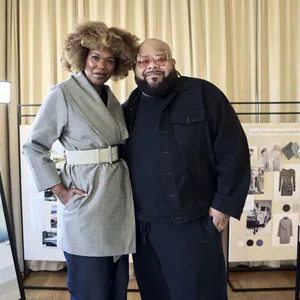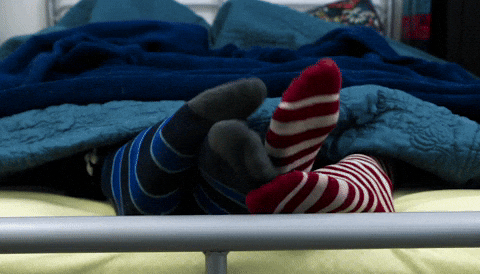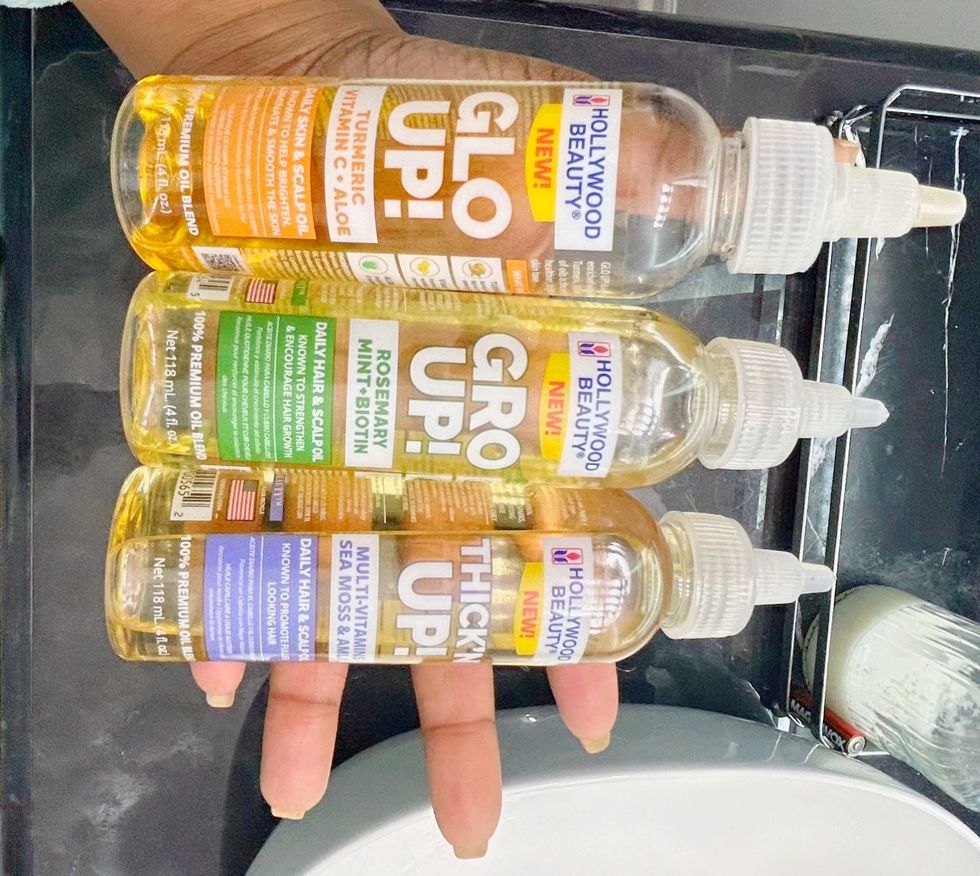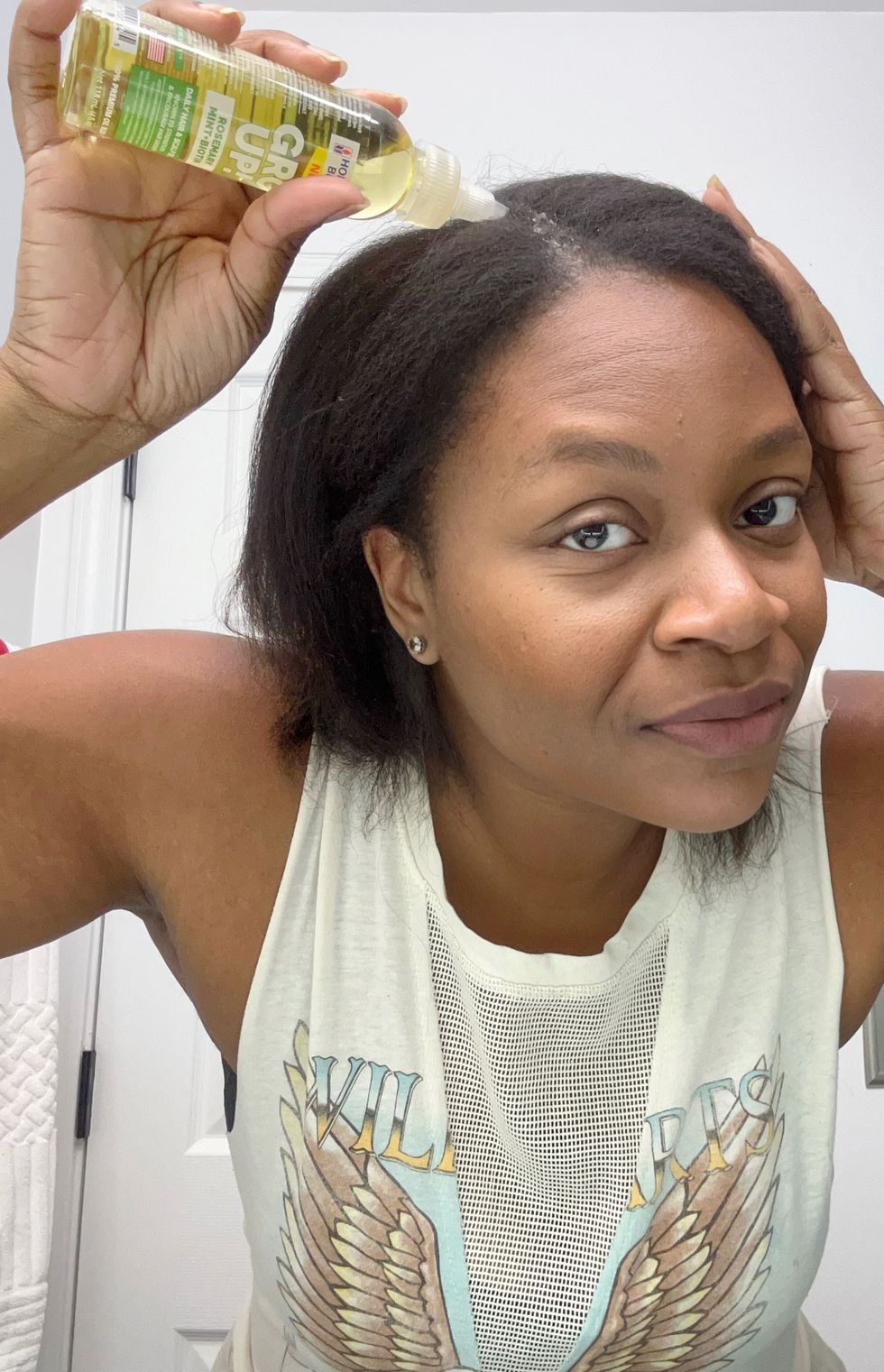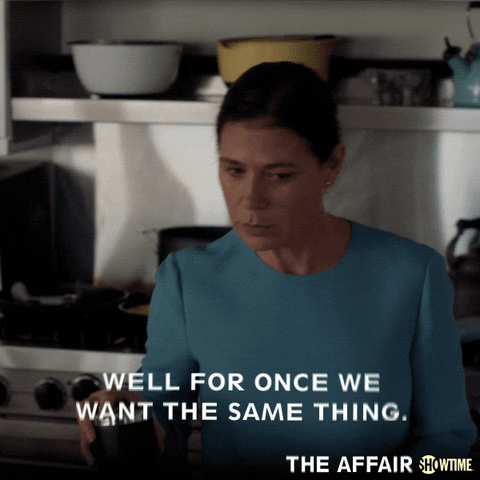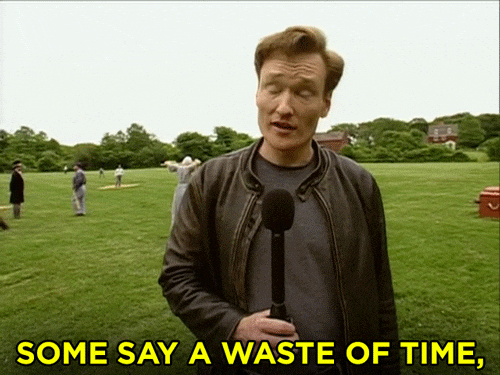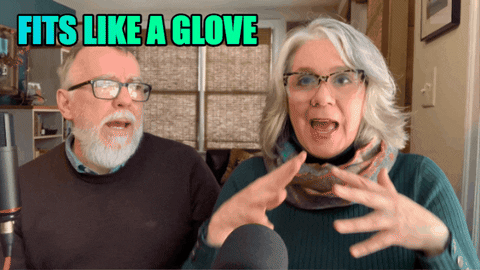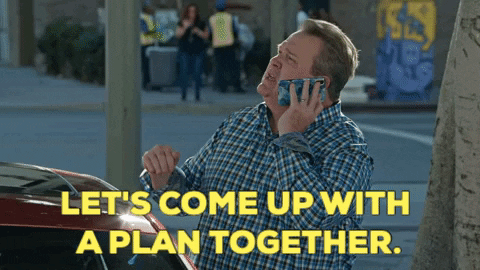Over the past six months, it felt like life was piling on the toughest lessons it could bring me. For weeks on end, I’d find myself either crying from a new revelation that I discovered about my life or triggered by a disappointment I couldn’t avoid. There were plans deferred, frustrating rejections, and losses that shattered every “plan” I tried to make for myself — leaving me and the hope that I had for my future hanging in the balance.
While there have been previous times when I’ve found myself stuck between a rock and a hard place, this time around was even more unfamiliar than before. At the time, it felt almost impossible to get unstuck from the place and circumstances that I found myself in, and the possibility of gaining clarity seemed hopeless. What I soon came to realize was that I couldn’t change my situation until I put a name to what I was dealing with.
This season of uncertainty I was experiencing is known as a liminal space. This refers to “the place a person is in during a transitional period. It’s a gap that can be physical (like a doorway), emotional (like a breakup), or metaphorical (like a decision).” In my case, it was like life’s waiting room, where you know it’s time for a change, but that change hasn’t quite happened or manifested yet. It’s the in-between time. The middle ground. The “waiting season.”
Through all those months of processing, being in solitude, crying, and journaling until the pages caught fire, I had no idea that there was actual language to what I was living. I just assumed it was some sort of mid-mid-life crisis coupled with the final stages of my Saturn Return. But it wasn’t until I listened to an episode of The Soft Life by Saddie Baddies Podcast that I could finally put words to what I was experiencing all this time.
According to Priscilla O. Agyeman, MPH, public health professional and founder of the digital platform Saddie Baddies™, a liminal space is “the space between what was and what could be. It’s anywhere that's in between two stationary spaces,” she tells xoNecole. “On a deeper, more personal level, a liminal space can be something like a divorce, having to make a heavy decision where you're between two options, or moving to another location.”
Emotional liminal spaces can also look like a job loss, getting engaged or married, a long-term situationship ending, a romantic or friendship breakup, rejection, losing a spark of creative interest, rejection, or simply adulting.
For Priscilla, the concept of home and relocation had been a reoccurring theme when it came to liminal spaces. Specifically in 2020, where during the height of the pandemic, her landlord decided to abruptly end her lease two months early. “I remember my soul just feeling so depleted and tired. I literally had a nervous breakdown because I was like, how can you do this in the middle of a pandemic? How can you be so inconsiderate?” she shares.
That time of unsteadiness showed Priscilla the power of asking for help during the toughest moments of her liminal space, and she was soon able to leverage the support of a close friend to find a new but temporary place to live.
There she began to reintroduce herself to grounding practices that allowed her to get back in touch with herself. “I had to make really big behavioral changes. If not, I was going to slowly lose my sense of self because everything that I was working towards in terms of having my own space was stripped of me,” she says. “But in that liminal space, I got some major roots that developed my resilience, my character, and able to handle life's curve balls.”
During that time of her navigating the liminal space of moving, Priscilla recalls the inner mantras that anchored her while not losing sight of what was to come. “I had to keep reminding myself to stay present because if I focused too much on the past or too much on the future, I’d feel so much stress internally,” she shares. “Meditation helped me to quiet down the noise of worrying about the future and focus on the present moment and what was in front of me.”
“[What] I had to use was just to remind myself that this is temporary. You are doing exactly what you need to do in this moment. Everything is aligning perfectly for you. Really just affirming myself because if I didn't do that, I was really going to let my environment take over what I was feeling,” she continues. “Instead, I wanted to change the narrative. I wanted to flip the switch and learn how to adapt.”
Getting Unstuck From Your Liminal Space
When working to get unstuck from your liminal space, there is a delicate balance between planning for what you desire while remaining present in uncovering what this time is trying to teach you. One tip that Priscilla speaks to in doing so is the importance of creating an exit strategy. “An exit strategy is your plan to get out of a situation or environment that's no longer serving you,” she says. “In between the problem and the solution is a strategy. What's going to get you between point A and point B?”
When creating your exit strategy, consider the following:
1. Know Your Threshold and Make a Deadline:
“What is an action item that you can take to get yourself out of this situation? When it came to my living situation, I knew that I couldn't stay for more than six months. I knew that there was a threshold that I could tolerate as someone with specific needs for my home environment. I had to find a solution that was going to be easy for me to transition into and that could be more long-term.”
2. Get Clarity and Don’t Move Out Of Desperation:
“It's really about simplifying the process, taking a time to step back from the situation, and motivating yourself because you want to get out of this space. But doing it in a way that does not move out of desperation. Be diligent and strategic. You don’t want to get yourself back into another shitty situation. Take a step back and reevaluate what is actually going on with you and what's going to be the desired outcome.”
3. Embrace the Quiet Moments:
“If you want to discover what your liminal space is trying to teach you, the first thing is having some quiet time. When I came to those moments of clarity, before I was able to develop a strategy or do anything, I had to have quiet time. For me, that's going on a walk, being outside, figuring out what it is that I'm currently feeling, and then letting those emotions come up.”
4. Talk to Someone You Trust:
“Talk about it with someone you trust. It doesn't need to be your entire Instagram feed. But I think finding at least one or two people in your corner that you can talk to, whether it's a friend, whether it's your partner, whether it's a family member, whoever, just talk to a therapist. Obviously, talking to somebody who can really help you to see another perspective because they might also have solutions. They might also be able to offer help.
5. Be Observant:
“If you really want to see what your liminal space is teaching you, be observant. For example, if you've been itching to move to a new city, have you been seeing signs that this is a place where you could thrive? Being observant requires you to be present. So what are the things that you have been seeing repeatedly, whether it's actually seeing them or having recurring dreams, thoughts, or people mentioning certain things in passing? A lot of times that could be God showing up in ways that you may not have even noticed.”
Having been in a liminal space myself, I can attest to how challenging it can be to stay encouraged and motivated when you’re unsure of when your number will be called from life’s waiting room. It can have an impact on your mental health and become emotionally and physically taxing. But in order to get to the other side, you have to lean into that discomfort and receive the lesson that life earnestly wants to teach you through this liminal space. Because it’s not happening to you, it's happening for you.
“See the possibilities. I tend to say that this is proof of concept that good things can happen and that better things are on the other side,” Priscilla says. “When you look at your life, where have you been stuck and gotten yourself unstuck? That's proof of concept. That's proof that you are able to get out of it,” she says.
“Look at your own experiences as data, proving to yourself that I've gotten out of this before, and I know I'll get out of this too.”
Let’s make things inbox official! Sign up for the xoNecole newsletter for daily love, wellness, career, and exclusive content delivered straight to your inbox.
Feature image by Martin Novak/ Getty Images


